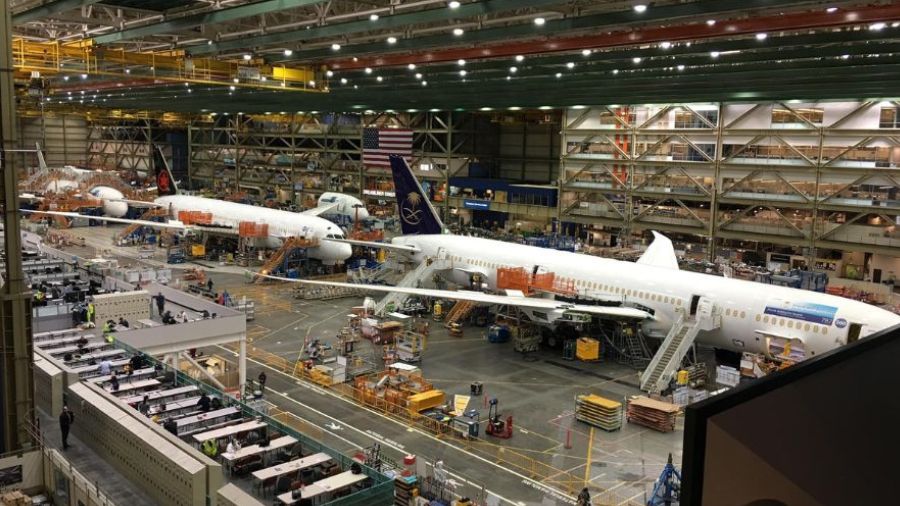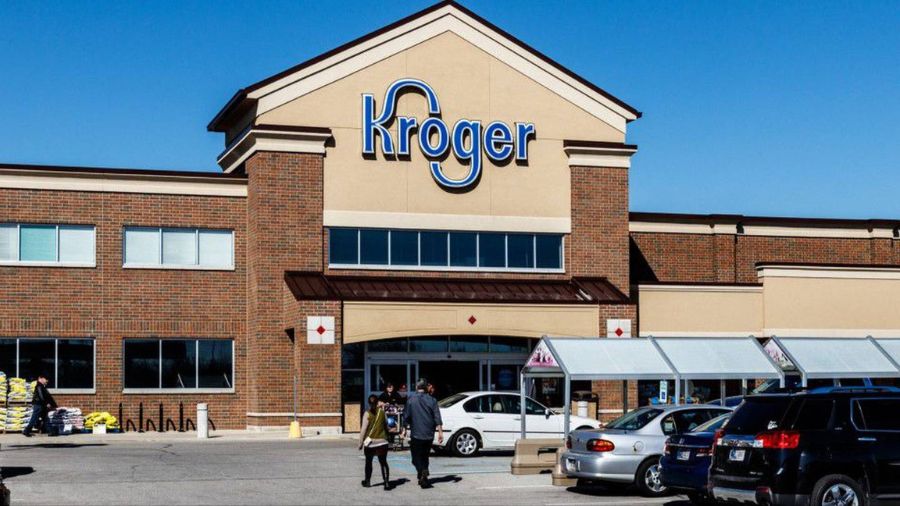Was Seattle’s soda tax a bait and switch?
Jun 17, 2019, 4:31 PM

A sign indicating higher prices of sugary drinks due to Seattle's soda tax. (Dyer Oxley, MyNorthwest)
(Dyer Oxley, MyNorthwest)
When the Seattle City Council passed a sweetened beverage tax in 2017 — aka a soda tax — it was criticized as a highly regressive source of revenue.
“We know that soda is marketed more towards low-income communities and consumed more by low-income communities,” said Kevin Schofield, who runs the council watchdog website SCC Insight. “So if you tax it, you basically tax poor people more than you’re taxing rich people. And the city council justified this in their minds by saying, ‘We’re going to take the money and we’re going to invest it back into those same communities.'”
Are poor people mostly paying Seattle’s soda tax?
The city initially expected that the soda tax would bring in $15 million in its first year. The money was slated for programs in communities hardest hit by the tax, such as increased access to healthy food and health education programs. Research shows that sugary beverages are marketed toward and consumed more by low-income groups.
The city initially predicted that soda consumption would fall, and so would soda tax revenue, by up to 20 percent, Schofield notes. But the soda tax did not bring in $15 million. It exceeded that expectation and earned the city more than $22 million.
The extra $5.7 million should have gone back into the community and not into the 2019-20 general fund. That doesn’t appear to be the case. Those dollars will now be spent on homeless services.
Schofield argues that transparency has been a big issue. But another issue has arisen — the tax is not doing what it was intended for. The tax was meant to lessen consumption of sugary beverages, while using potential revenue to help communities that those beverages harmed.
Soda tax transparency
The issue of transparency stems from the council and mayor banking on the head tax to pay for increased spending on homeless services.
“At the 11th hour, the head tax failed as they were putting together the budget process … other city council members voted it down,” Schofield said about the first time a head tax was proposed on the council in 2017.
“What they didn’t do, when they rescinded the head tax, was figure out a replacement source of funds for the money for the homeless programs that the head tax was supposed to cover,” he said. “So they basically, left a hole in the budget by doing that for 2019 and beyond. The head tax was supposed to fix the long-term funding problem for those homeless programs and it didn’t. And then Mayor Durkan made this worse last summer because she added her own additional spending on homeless programs.”
To cover the deficit, Schofield argues, the Durkan administration swapped soda tax money for general fund dollars that had fewer restrictions on how they could be used, then used the freed-up general fund dollars to pay for homeless services. And the city could do it again.
“They haven’t come up with a replacement for what the head tax is supposed to be spent on before,” Schofield said. “And until they do that, they’re basically solving one problem but creating another one.”
Councilmember Mike O’Brien is attempting to resolve the issue with new legislation. It will create a separate fund for the soda tax, restricting it for its intended use. The issue came up last week in a budget committee meeting. Budget Director Ben Noble acknowledged the city has shirked its financial responsibilities by diverting extra soda tax money into the general fund to pay for homeless services. But Noble says the situation is not ideal because the city is not upholding the original intent of the tax.
“It is true that the proposals, and I’m not denying it as I sit here, were inconsistent with the council’s original intent,” Noble said at the committee meeting. “When that original intent was developed, you didn’t know this financial situation you were going to be in; that the head tax would not prove to be a viable funding alternative … and to be clear, I know a regressive tax source when I see it and we’re staring straight at one. This is not the way you want to be raising revenue.”
Councilmember Mike O’Brien also spoke at the meeting.
“Homelessness is a huge problem that we need to find funding to solve,” O’Brien said. “I don’t think we should tax homeless people to fund the solution. I think we should tax society broadly to solve it. Similarly, food banks and affordable housing that should not be funded on the backs of low-income people who over-consume Coke and Pepsi.”
“What I propose is that we get this legislation introduced and pass it and ask the mayor to present a budget that finds some solutions,” he said.
Community response
Tanika Thompson is a food access organizer from Got Green. She campaigned in her community in favor of the soda tax. Now she’s urging the council to use the money for what it was originally slated for.
“Did a lot of door knocking and we promised people in the community that this money was going to come back to them because they were going to be the ones most impacted,” Thompson said at last week’s committee meeting. “And I kind of feel like I let them down. That’s just because there was money taken away from them and put into the general fund. That was exactly what they were concerned about.”
“So I’m very disappointed that my accountability may not be intact,” she said. “They may not want to believe me the next time I go out and talk to them. So I think that there should be a specific fund to track the money and that it needs to be applied as stated in the ordinance.”
Schofield believes creating a separate fund for the soda tax will be hard for the council to achieve because it doesn’t have any other tax source right now to tap into. That means the city is dependent on that money to pay its bills. Another issue is that the tax, which was intended to get people to stop drinking soda, isn’t working.
“There’s a judgment day coming on this soda tax,” Schofield said. “… It was a tax with a specific policy objective around decreasing consumption of soda and sweetened beverages to reduce the public health negative impact of high consumption of those beverages. And so far, there’s no evidence that it’s actually achieving that goal.”
According to Schofield, researchers at the University of Washington are being paid by the city to study whether people are drinking less soda because of the tax. Their latest findings are due in September. Until then, the tax is still bringing in more money.













